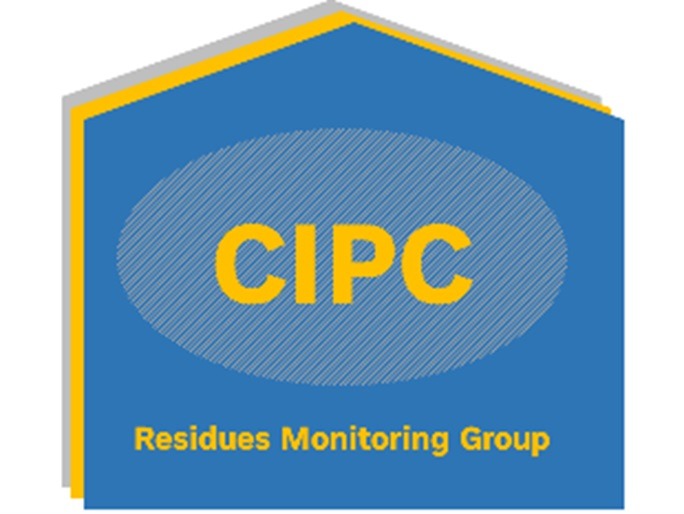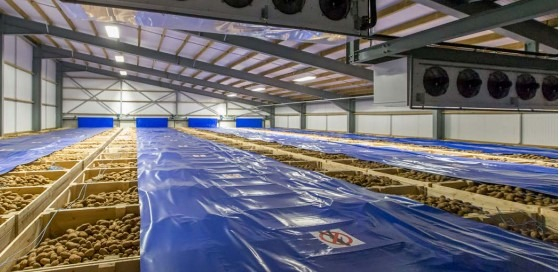In the face of stringent regulatory changes, the UK’s potato storage industry is grappling with a critical challenge. As of April 10th, 2024, the Chemicals Regulation Division (CRD) has set the temporary Maximum Residue Level (tMRL) for chlorpropham (CIPC) at 0.35 mg/kg. This tMRL is subject to annual review, contingent on the industry’s ability to demonstrate its necessity through the submission of residue data.
Historically, CIPC was widely used as a sprout suppressant in potato storage. However, its residues now threaten to render storage facilities unusable if the tMRL is reduced to the limit of detection (0.01 ppm). This scenario could lead to significant economic losses for farmers and disrupt the supply chain.
To prevent this, comprehensive residue data from across the UK is essential. Most growers can obtain this data through their customers or via samples taken for Red Tractor certification. The CIPC Residue Monitoring Group (CRMG), a cross-industry body established to meet CRD’s data submission requirements, plays a pivotal role in this process. Adrian Cunnington, of Potato Storage Insight and the independent Chair of CRMG, has emphasized the urgent need for data, particularly from box stores in the fresh sector.
The submission process is straightforward. Growers can send their residue data to Adrian Cunnington at adrian@potatostorageinsight.com. The data will be anonymized before being submitted to the CRD, ensuring confidentiality while fulfilling regulatory obligations.
For more details, growers and industry stakeholders are encouraged to visit CRMG’s website or contact any CRMG members.

The future of the UK’s potato storage facilities hinges on the industry’s proactive response to the CRD’s requirements. By contributing residue data, stakeholders can help maintain the current tMRL for CIPC, thus safeguarding storage infrastructure and supporting the stability of the potato supply chain. Timely data submission is crucial to avoid the detrimental impact of stricter residue limits.







